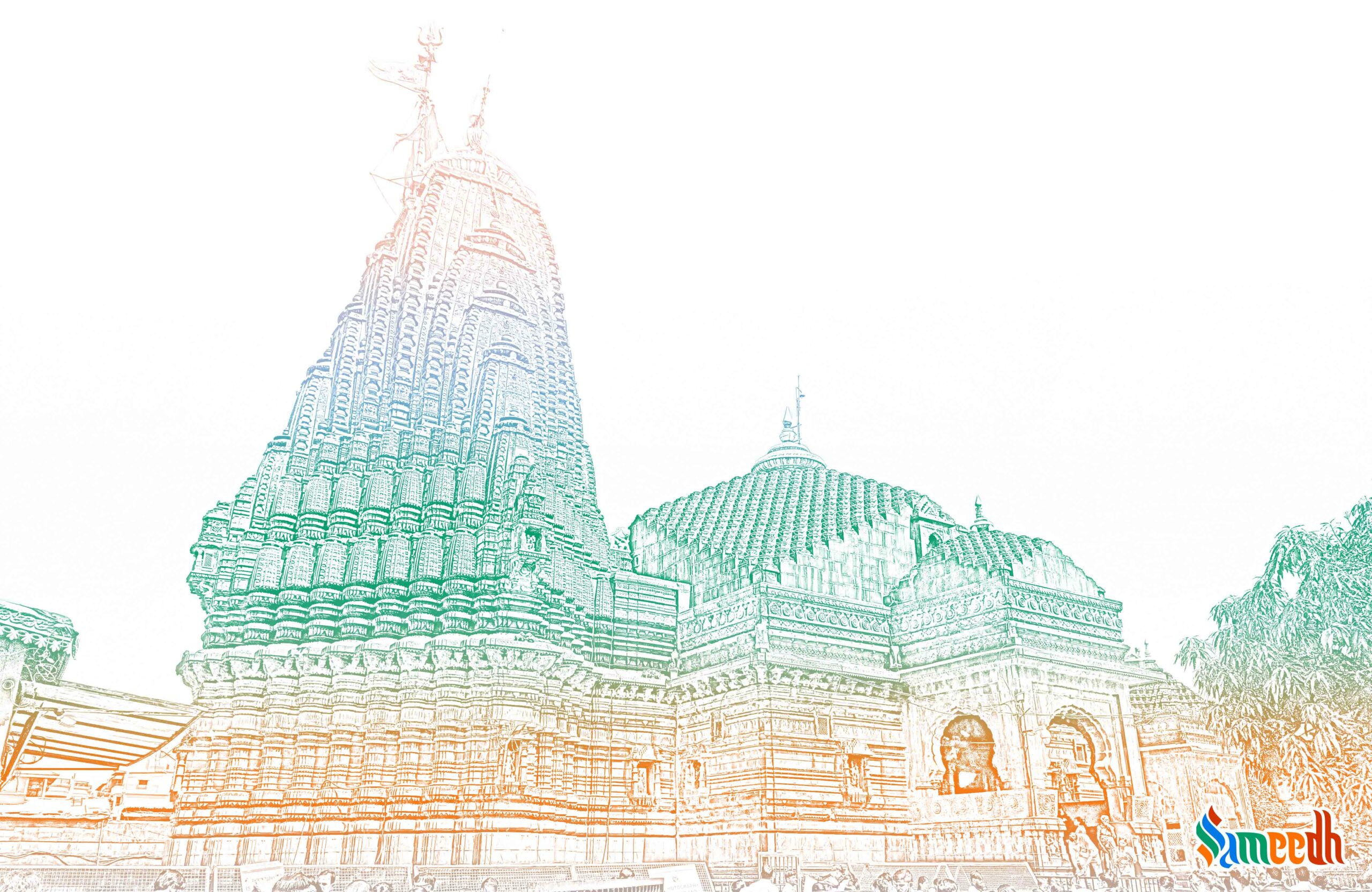The significance of the holy temple built for lord Shiva in Trimbak

Tryambak or Triyambakeshwar temple of lord Shiva, god of destruction, is located in the place by the same name over 28 kilometers away from the Nashik district of the Indian state of Maharashtra. This sacred place is a Jyotirling, symbolisation and shrines of lord Shiva. Jyoti translates to the word radiance and linga is the idol worshipped as a representation of lord Shiva, entirely meaning, “a pillar of column of light”. There are 12 such sacred shrines of Shiva spread across the Indian subcontinent. The Godavari river emerges from this temple in Nashik. The temple is surrounded by three hills namely, Nilgiri, Brahmagiri and Kalagiri. Although Jyotirlings are said to solely be the worship places for Shiva, Triyambak is the only one which worships both Vishnu and Brahma too. It has three lingam statues, the idol for lord Shiva for the same reason.
Kumbh Mela, a religious fair, takes place here once every 12 years. This is a festival or celebration when devotees take baths in rivers to wash themselves of the sins they have committed and the multiple ways in which they might have hurt others with or without any ill intent.
History
Triyambak temple is said to be constructed by Peshwas, majorly Peshwa Balaji Bajirao, the rulers of a Maharashtrian empire.
Mythologically, it was a common place of meditation for a lot of sages where they could concentrate and practice spirituality. Here, amongst many sages, stayed a sage or rishi named Gautam, along with his wife Ahilya. They lived peacefully in the hills. Until once when a drought was brought upon the city, a state of distress was widespread due to lack of water. This is when the sage Gautam offered his prayers to lord Varun, the god of water. Lord Varun was impressed with the offerings and granted Gautam a tank with a never ending supply of water. This not only quenched the thirst of the people, Gautam used this water to start a plantation by sowing seeds for vegetables, rice and wheat. He fed the people and the other rishis with this produce.
Looking at the attention and respect Gautam was garning, the other sages grew jealous and wanted to create chaos. The saints headed to Lord Ganesh, asking for a cow which would breathe its last on Gautam’s field of crops. Reluctantly, this was granted and a cow landed on the field. To scare away the cow, Gautam tried using some grass but the cow died on the spot. A shocked and guilty Gautam rishi with his wife went to Shiva to ask for penance over their deeds. Instead, Shiva was pleased with such unmoved devotion and accountability and called goddess Ganga of forgiveness and purity on Earth. Ganga started flowing down from the Brahamagiri hills, southwards or Dakshin Ganga and was later known as Godavrai river. He took a bath in it and expressed his gratitude towards Shiva and asked him to stay there itself. Shiva obliged by converting it into a lingam statue there.
Architecture
It is located at the foot of the Brahamagiri hill, which is 3000 feet above sea level. This is constructed with black stone and has tall pillars carved with floral designs on the interior.
There lies a crown made up of gold and various precious jewels on top of the lingam in the temple; it is believed that the piece was placed there by the Pandavas in Mahabharat. This temple is associated with its pilgrimage stops where people from all over visit to bathe in the river and seek atonement for their wrongdoings. Inside the temple is a pond whose primary water source is the river Godavari.